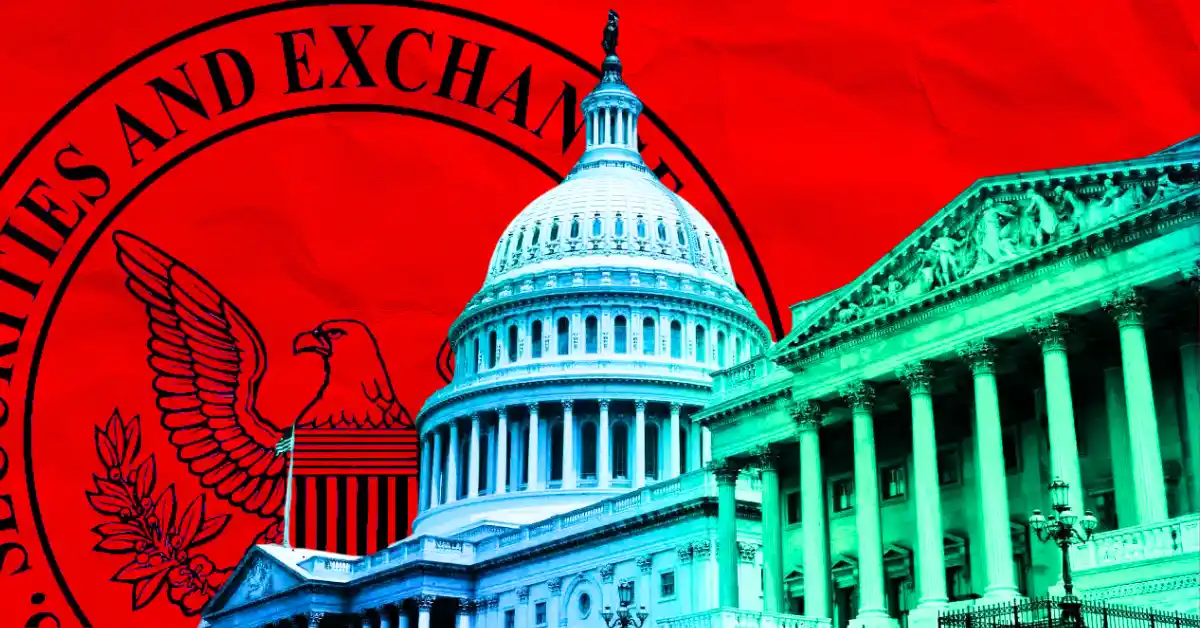The recent insider trading case involving two employees connected to the SEC’s EDGAR system has brought to light the delicate balance between market fairness and the exploitation of confidential information. Justin Chen and Jun Zhen, both residents of Brooklyn, were accused of orchestrating a lucrative insider trading scheme that netted them approximately $1 million. Their roles at EdgarAgents.com, a private company providing services linked to SEC filings, granted them access to non-public, material information about various publicly-traded companies. Between March and June 2025, they exploited this privileged access to execute covert stock trades, violating securities laws prohibiting insider trading.
The SEC’s EDGAR (Electronic Data Gathering, Analysis, and Retrieval) system is a critical tool for transparency, enabling the public to access corporate filings such as quarterly earnings reports and insider trading reports. Employees or contractors with access to this system are bound by strict confidentiality and compliance protocols. The charges against Chen and Zhen highlight vulnerabilities where private entities supporting the SEC’s system may become conduits for illegal information leaks. This case underscores the importance of robust oversight and stringent internal controls to prevent such breaches.
Federal prosecutors charged both Chen and Zhen with offenses related to the illegal acquisition and use of non-public information. Insider trading carries severe legal penalties, including fines, disgorgement of ill-gotten gains, and potential imprisonment. This case is significant because it involves individuals situated in a position critical to the integrity of the SEC’s regulatory framework. The allegations demonstrate how insider trading can emanate not only from corporate insiders but also from associated service providers with privileged data access. Law enforcement and regulatory bodies have intensified scrutiny on such breaches, as evidenced by numerous recent enforcement actions yielding billions in penalties for financial crimes.
Insider trading scandals strike at the core principles of a fair financial market. When employees working in filing, reporting, or regulatory support roles exploit confidential information, it erodes public trust. Investors rely on equal access to material information to make informed decisions, and breaches threaten that equilibrium, potentially distorting market prices and fairness. The partnership between public agencies like the SEC and private service providers is indispensable to modern regulatory infrastructure. This case spotlights the necessity of robust oversight, stringent internal controls, and continuous vigilance within third-party firms to prevent insider trading risks.
To thwart such insider trading schemes, organizations involved in handling sensitive securities information should enhance employee screening, enforce comprehensive compliance training, and deploy advanced monitoring systems to detect suspicious data access or trading patterns. The SEC and related regulatory bodies may consider reinforcing contractual obligations and auditing mechanisms for external vendors involved with confidential filing systems like EDGAR. This would address the “weakest link” risk where third-party access points become exploitable. Additionally, policy discussions are ongoing to broaden and clarify legal standards governing insider trading, aiming to adapt rules to emerging technologies and the expanding ecosystem of financial data intermediaries.
The case of Justin Chen and Jun Zhen serves as a cautionary tale revealing how insider trading can infiltrate even behind-the-scenes roles in securities regulation infrastructure. The $1 million scheme unmasked the vulnerabilities at the intersection of private companies and critical regulatory tools like EDGAR. Strengthening compliance frameworks, enhancing transparency in third-party relationships, and maintaining rigorous enforcement remain paramount to preserving market integrity. Only through continued vigilance, technical safeguards, and proactive regulation can trust in financial markets be upheld, ensuring all participants compete on an equitable basis, free from the shadows of illicit advantage.

